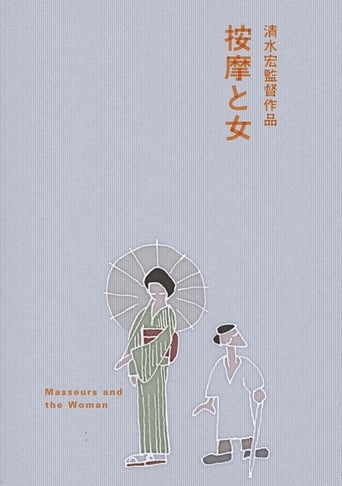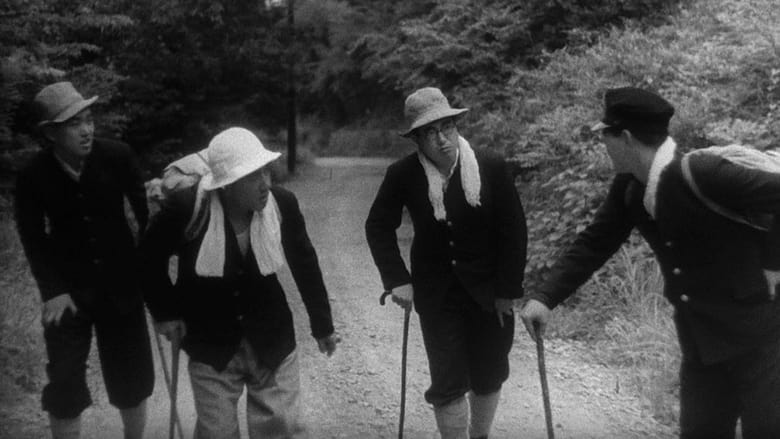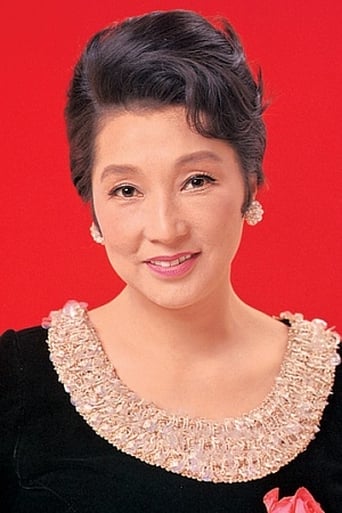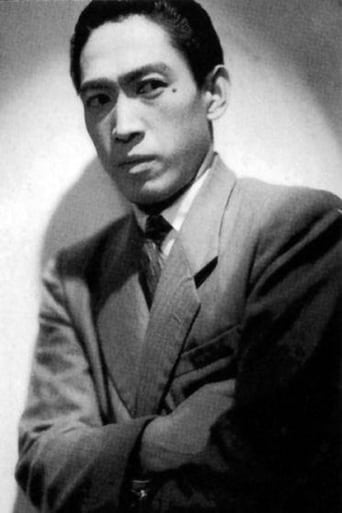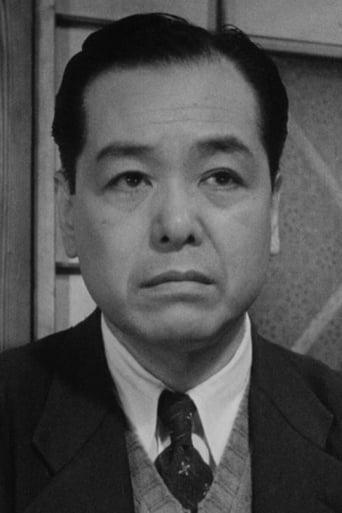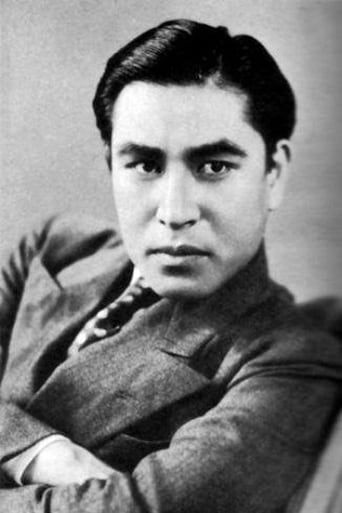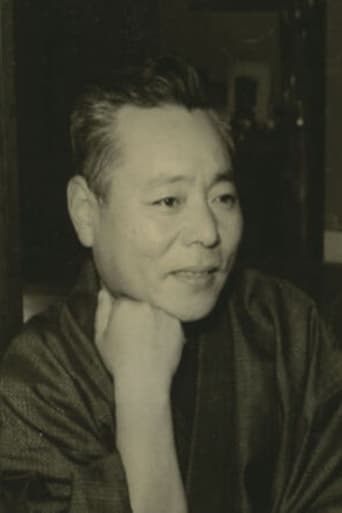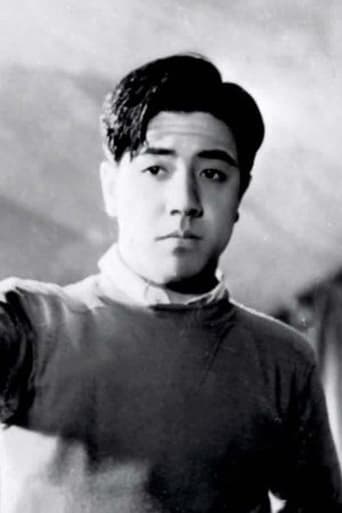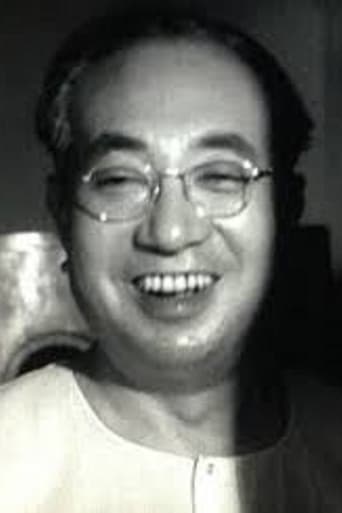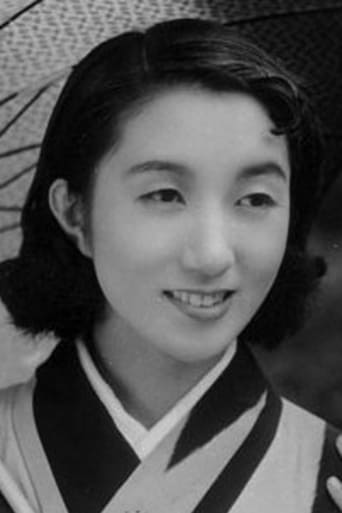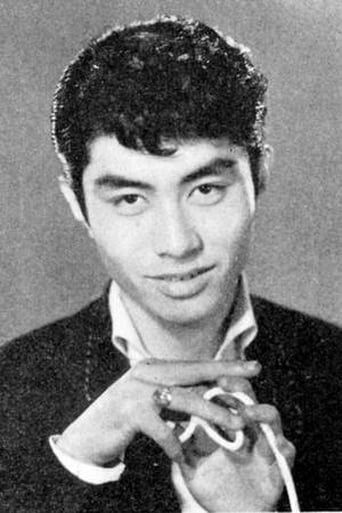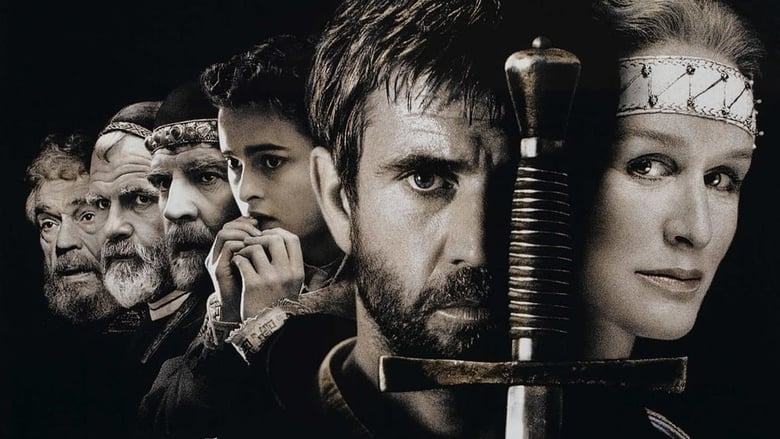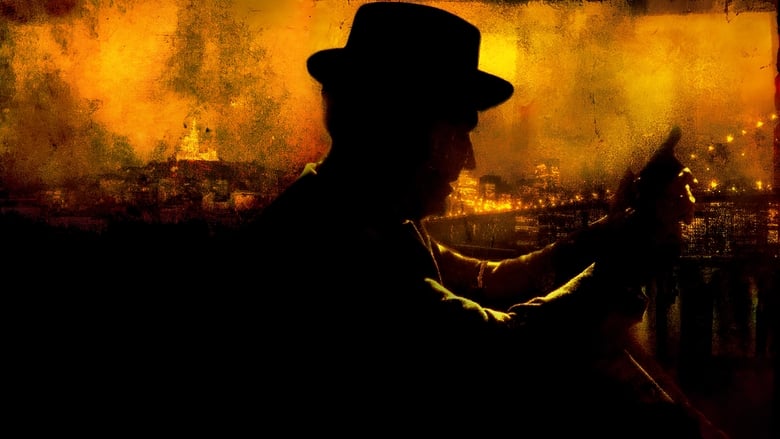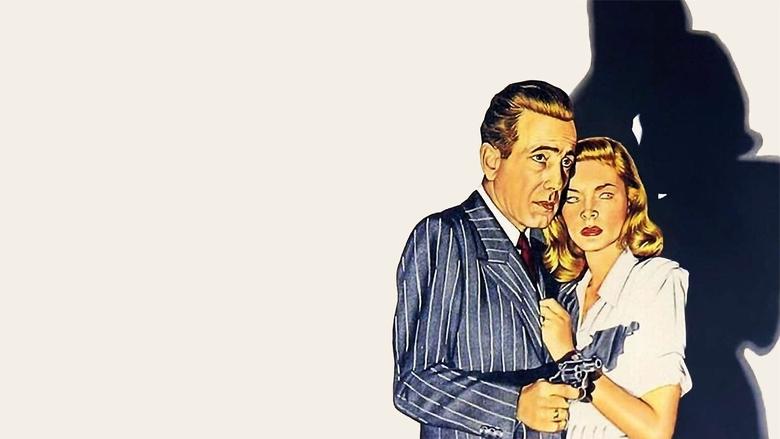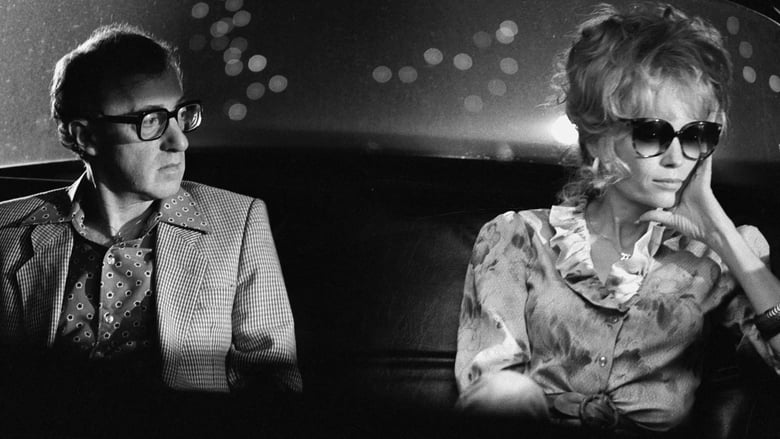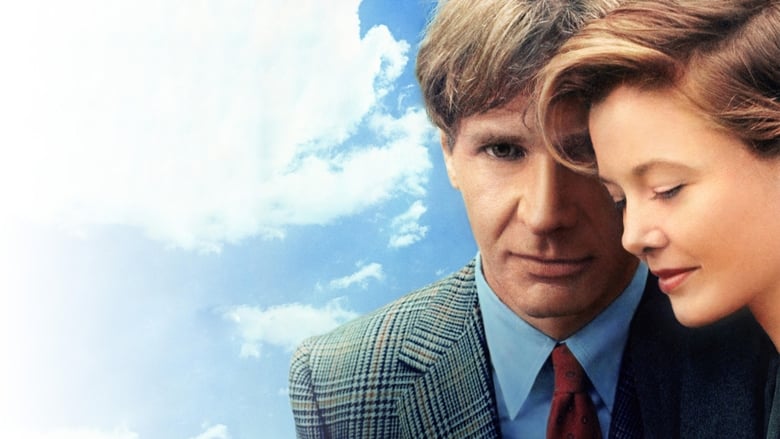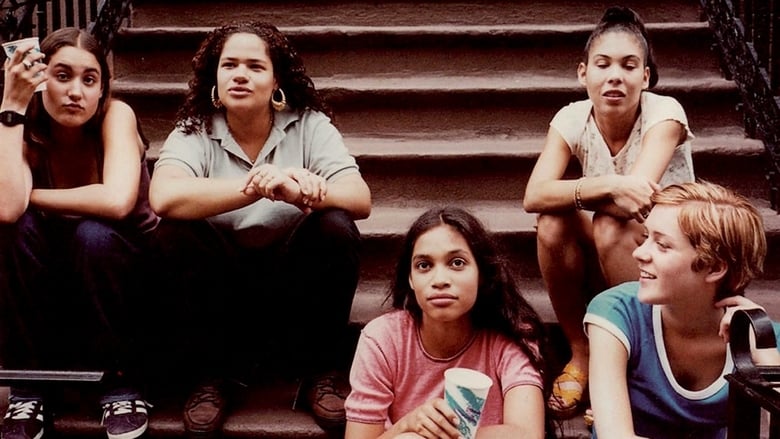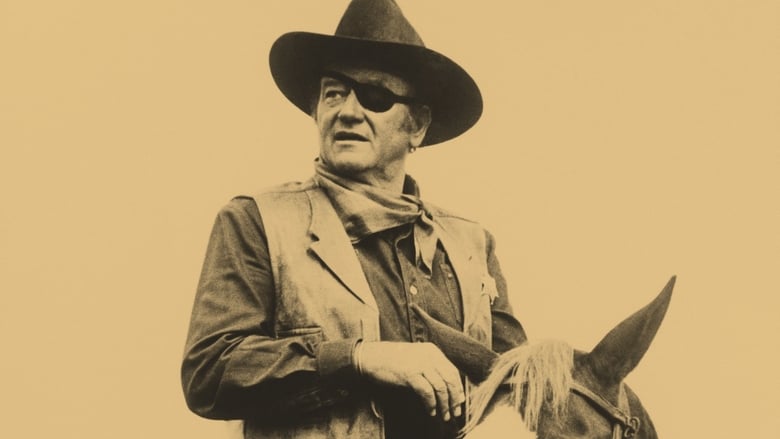A pair of blind masseurs, an enigmatic city woman, a lonely man and his ill-behaved nephew—The Masseurs and a Woman is made up of crisscrossing miniature studies of love and family at a remote resort in the mountains. With delicate and surprising humor, Hiroshi Shimizu paints a timeless portrait of loneliness and the human need to connect.


Reviews
To many people, the saying that beauty is only skin deep seems pretty straight-forward; indeed, how could one truly appreciate the wonder that is nature be it in the form of a mountain, a spring or indeed a beautiful woman from Tokyo without the ability to even view these things as they appear to the eye? Anma to Omna, which translates roughly to Masseurs and a Woman comes from director Hiroshi Shimzu who takes this idea of beauty as an entity known only to the beholder and transposes it to the first-person view of blind masseurs as they visit a small town and get caught up in the goings on of their customers around them. The remainder of the film plays out like a whodunit, noir-type mystery after some money goes missing from the local inn's rooms and it's intriguing enough, but such a plot always takes a backseat to character and nuance in tone created from putting emphasis on the senses.The result is a uniquely somber and reflective piece of film that ebbs and flows with the pace regarded as the norm back in the day (though viewers watching now some seventy years later, may find the pacing unbearably slow) yet subdues this distinctly meditative tone with a light-hearted sense of humour and charm. Indeed, while Masseurs and a Woman will only take up little over an hour of your time, despite not much transpiring over this hour at such a pace, Shimzu manages to pack his screen time with enough character and imagery to make a lasting impression. The biggest highlight to this comes in the form of lead character Toku who embodies Shimzu's themes perfectly, mixing a compelling use of humour, charm and emotion to a satisfying degree for its time.Consequently coming to a conclusion that aptly draws upon the entire feature's sense of futile irony in regards to its attention to detail and beautiful cinematography for the eyes to digest, Anma to Omna achieves what it sets out to do almost effortlessly. It's a delicate, almost easy to overlook gem from a country that was about to go headfirst into a war that would change both its social climate and subsequently of course, its cinematic landscape in tow. Indeed, while there is very little social commentary going on here in contrast to much of the country's later works, there's still a fair amount to take in here, which paradoxically comes from the movie's distilling sense of tranquility and minimalist pace.Drawing to a close poignantly, Toku consoles the beautiful Woman from Tokyo with his suspicion that she is responsible for the thefts happening in the town; "you may fool those who can see", he begins, "but you can't fool me. Though blind, I have been watching you."—of course Toku eventually finds his theory debunked, but this, we in turn find, has nothing to do with his lack of sight, and yet, has everything to do with it at the same time. Beauty it seems, can overcome anyone, regardless of how well they may be able to see it.
Some background information is necessary to understand the plot. In Japan, traditionally masseurs were blind men--it gave them work and patrons didn't need to feel embarrassed around them. In the Zatoichi series, the leading man (Ichi) makes a living by giving massages...and gambling on the side. Here in THE MASSEURS AND A WOMAN, the film begins with two blind men on their way to a resort town in the north. It seems that these blind masseurs move from resort to resort depending on the season--to the north in the summer and to the south when winter arrives.This film has nice cinematography and technically is a nice film, but the plot is a bit thin. Here it is in a nutshell: The film shows the two masseurs during the course of their work days. The younger masseur meets a nice young lady from Tokyo and he's smitten with her. However, over the course of several days he thinks he's discovered her dark secret. While she is hiding something, it's nothing like this normally perceptive blind man imagines. That's really all there is to it. Even compared to a Ozu film, this Hiroshi Shimizu film seems very, very, very simple. Well made, but very simple...and not all that exciting to watch. Is it worth seeing? Perhaps, but it does not fall in the category of "must see".
Director Shimizu's film is fairly unique, about a group of blind masseurs who go to work at a retreat in the mountains to ply their trade. Once there, one particular one named Toku massages a young woman from Tokyo (her name is never mentioned) who seems to be escaping or hiding something. He is very interested in her, as is a young man who brought his nephew to the retreat. a few things happen, but this film is not about action its about infatuation, trust and loneliness. What I find fascinating about this film is the emphasis on the characters, specifically the blind men. You see how aware they are of their surroundings, how they react to things and how they make their choices. The film is meant to play at a slow pace, so don't expect action. The film is about 66 minutes long, but I was waiting for the next scene to see what happens. Through use of multiple fade outs, you see how the scenes become a new situation in which to focus on. I have seen this director's "Ornamental Hairpin", which is also on the Janus films collection released domestically. I highly recommend it, because this is a director forgotten in the brilliance of Kurasawa, Ozu, Naruse, Mizoguchi, Kinoshita etc. If you like Japanese films from the past, you owe it to yourself to watch Shimizu. I really liked this slow moving but compelling film.
Two blind masseurs, like birds, go to the north on Spring and to the South on Fall. They arrive in a small village on the mountains, where they meet a woman from Tokyo (Edokko) and one of them fall in love with the lady. The masseur is blind, but he understand that she has a mysterious past and he can't understand why she is there. At the Inn there is also a man from Tokyo with a boy about 7 years old, that spend fishing most of the day. After a couple of days the two Edokko feel comfortable to spend together most of the day. This is one of the best Shimuzu Hiroshi's movie and the characters are sweeter here than Ozu and Yamanka's movies. The initial and final sequences are very suggestive: you feel like you are in the movie! greatest experience.
